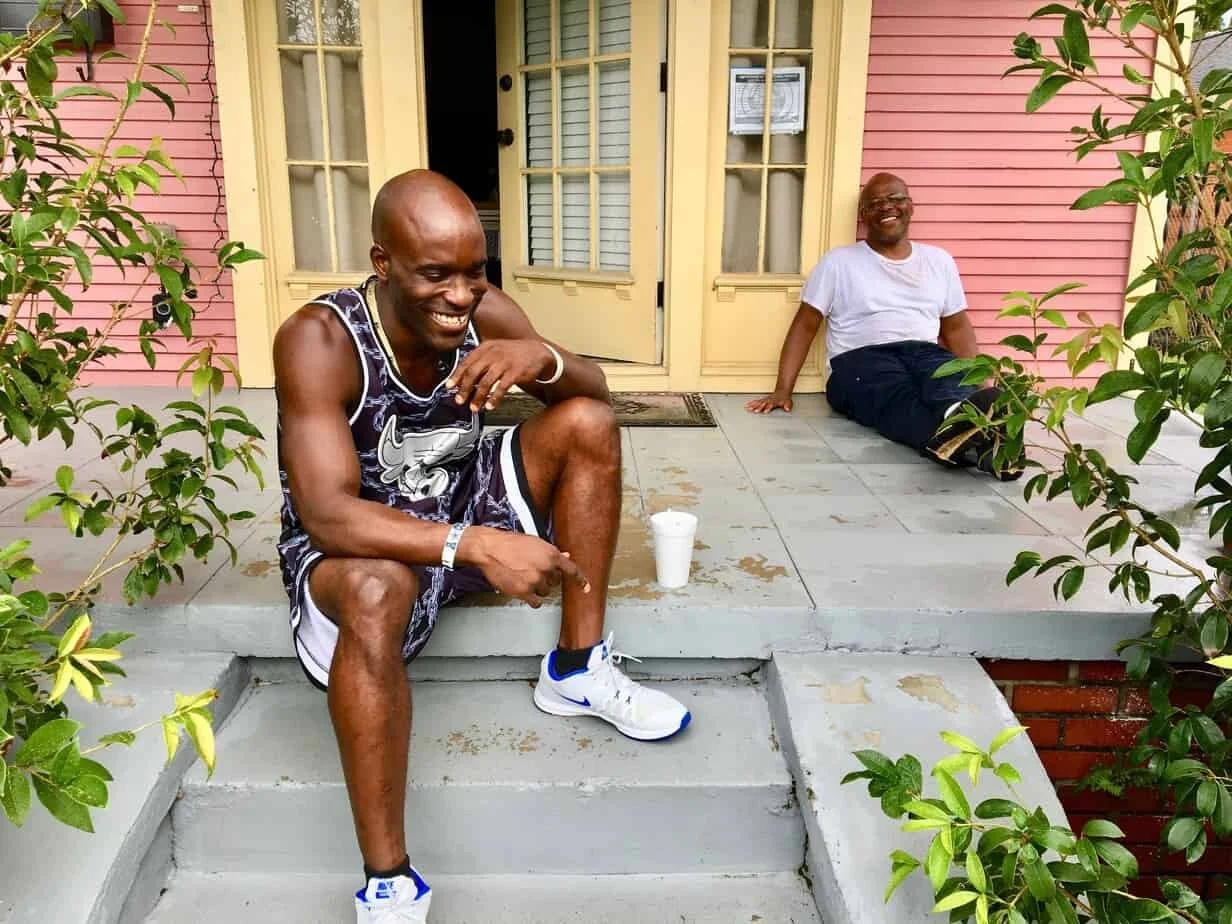Louisiana v. Corey Williams
When the State Fails to Protect Minors with Disabilities
16 year old Corey Williams’ case lays bare the scope of injustice in Louisiana’s criminal justice system. Corey’s case is rooted in shoddy police work, aggressive prosecutors, and the desire of judges to shield and evade misconduct in a case that was prosecuted wildly and with no consideration of the facts.
In 1998, Corey Williams, who had just turned 16, was standing in front of a friend’s house when shots were fired. Eyewitnesses saw several older men steal money and pizza from the man who was shot. These were the men who implicated Corey as the shooter. Corey was convicted of first degree murder and sentenced to death. Prior to his conviction, Williams had been hospitalized for extreme lead poisoning and still sucked his thumb. A district judge overturned his death sentence in 2004 as a result of his intellectual disabilities.
Fingerprints on the murder weapon belonged to a different man. The victim’s blood was found on clothing worn by a third man. Corey Williams was found frightened and hiding under a sheet on a couch at his grandmother’s house. He initially denied being part of the crime, but after being questioned all night, he finally caved and admitted guilt, saying, “I’m tired. I’m ready to go home and lay down.”
Corey Williams (left) and PJI Staff Member, Calvin Duncan
With a complete lack of physical evidence linking Corey to the crime, prosecutors failed to reveal that the three men involved in the murder all lied and pointed the finger at Corey, an intellectually disabled child. Police interviews show that officers knew that Corey was disabled and shaped the written record to fit their theory in order to get a conviction. The withheld recordings showed police suspected the other suspects planned to frame Corey Williams for the killing. Legally, Corey’s attorneys should have had access to this information. Prosecutors illegally withheld the evidence, and Corey had no chance at a fair trial.
After years of tirelessly fighting for Corey, and public outcry over the troubling circumstances of his case, Corey is being released as a result of a negotiated settlement with the Caddo Parish District Attorney’s Office. Since he was charged, Corey Williams has always insisted on his innocence. His Petition for Certiorari was pending at the United States Supreme Court, and joined by a series of amici including Former Prosecutors and Department of Justice officials, The Innocence Project of New Orleans, and the Fair Punishment Project.
Amici Curiae Briefs have been filed in support of Corey Williams by the Former Prosecutors and Department of Justice Officials, The Innocence Project of New Orleans, and the Fair Punishment Project, and the Monroe H. Freedman Institute for the Study of Legal Ethics, The Louis Stein Center for Law and Ethics, and the Ethics Bureau at Yale here.
Corey Williams Media:
SCOTUSblog takes up the case in their March 19th Episode.
Check out more coverage of Corey’s case here:
Michael Kunzelman, Lawyers: Prosecutors withheld evidence of teen’s innocence, Associated Press (Apr. 8, 2018).
Josh Delk, Ex-prosecutors, DOJ officials back Supreme Court petition to reverse teen’s murder conviction, The Hill (Apr. 7, 2018).
Associated Press and Minyvonne Burke, Lawyers accuse prosecutors of withholding information that would have proved innocence of intellectually disabled teen who has spent two decades in prison for murder, Daily Mail (Apr. 7, 2018)
Ian Millhiser, Prosecutors withheld key evidence in disabled man’s murder conviction. Will SCOTUS act?, Think Progress (Mar. 8, 2018).
Mark Joseph Stern, How to Frame a Man for Murder, Slate (Dec. 22, 2015).
Andrew Cohen, The Corey Williams Story, Brennan Center for Justice (Dec. 17, 2015).



